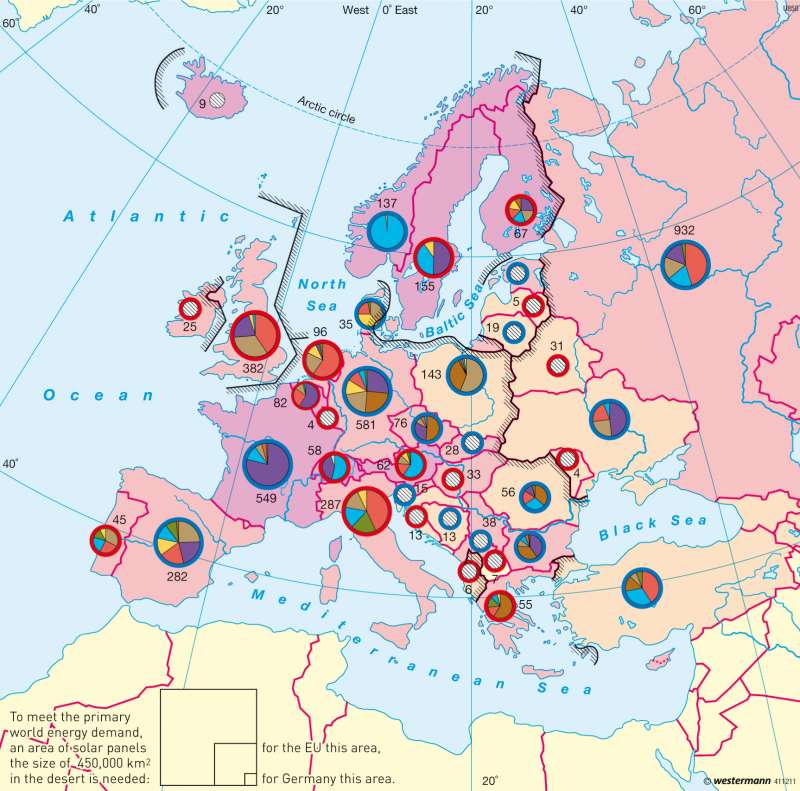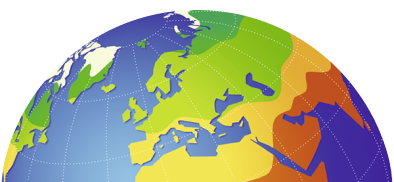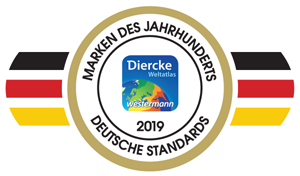Electricity generation and consumption
Europe - Energy
978-3-14-100790-9 | Page 48 | Ill. 2

Information
The most important European electricity-generating countries are, in order of importance, Russia, Germany, France, Great Britain, Ukraine and Italy. In the combination of primary energies used for electricity generation there are sometimes major differences between the European states. While in some countries, like Germany, Spain and Italy, the picture of the energy mix is relatively differentiated, single primary energy sources dominate for example in Norway, Poland, France, Austria and Switzerland.The European Electricity Coordination System
Electrical energy is transmitted and exchanged at national and international level through the UCTE (Union for the Co-ordination of Transmission of Electricity) network. Nowadays the majority of European countries belong to the UCTE, which also includes Poland, the Czech Republic, Slovakia and Hungary since 1999. The northern European equivalent to the UTCE is NORDEL, an electricity cooperation that includes the grids of the Scandinavian countries. Iceland is a member of NORDEL, but not electrically connected with the other countries because it operates an independent "island network". The same applies to Great Britain and Ireland, which operate their own coordination networks on account of their insular location, but which, like NORDEL, are connected to UCTE through submarine cables. In Eastern Europe, Russia, Belarus, Ukraine, Moldavia and the Baltic republics operate the energy supply network CDO-IPS. The ETSO (Association of European Transmission System Operators), to which, after further accessions, 37 European states now belong, was formed in July 1999 as an umbrella association of the European coordination systems.
The most important responsibility of both the national and the international coordination networks is short-term intervention in the event of irregularities in the networks of the respective partners, for example in order to avoid excessive tension or frequency fluctuations as far as possible. The indispensible preconditions for this include on the one hand sufficiently large power station capacities, and on the other hand the existence of electricity grids that are laid out in such a way that transmission reserves are available. The most important function of the international organisations is to coordinate the use of power stations at international level and to agree on the long-term planning of capacity.
R. Sweekhorst; Ü: J. Attfield




